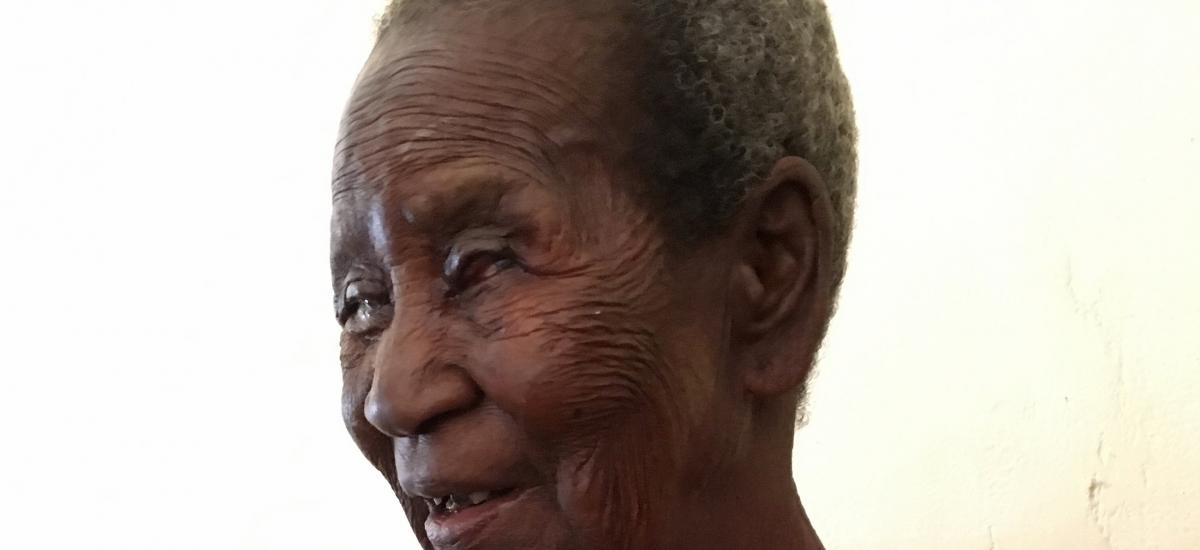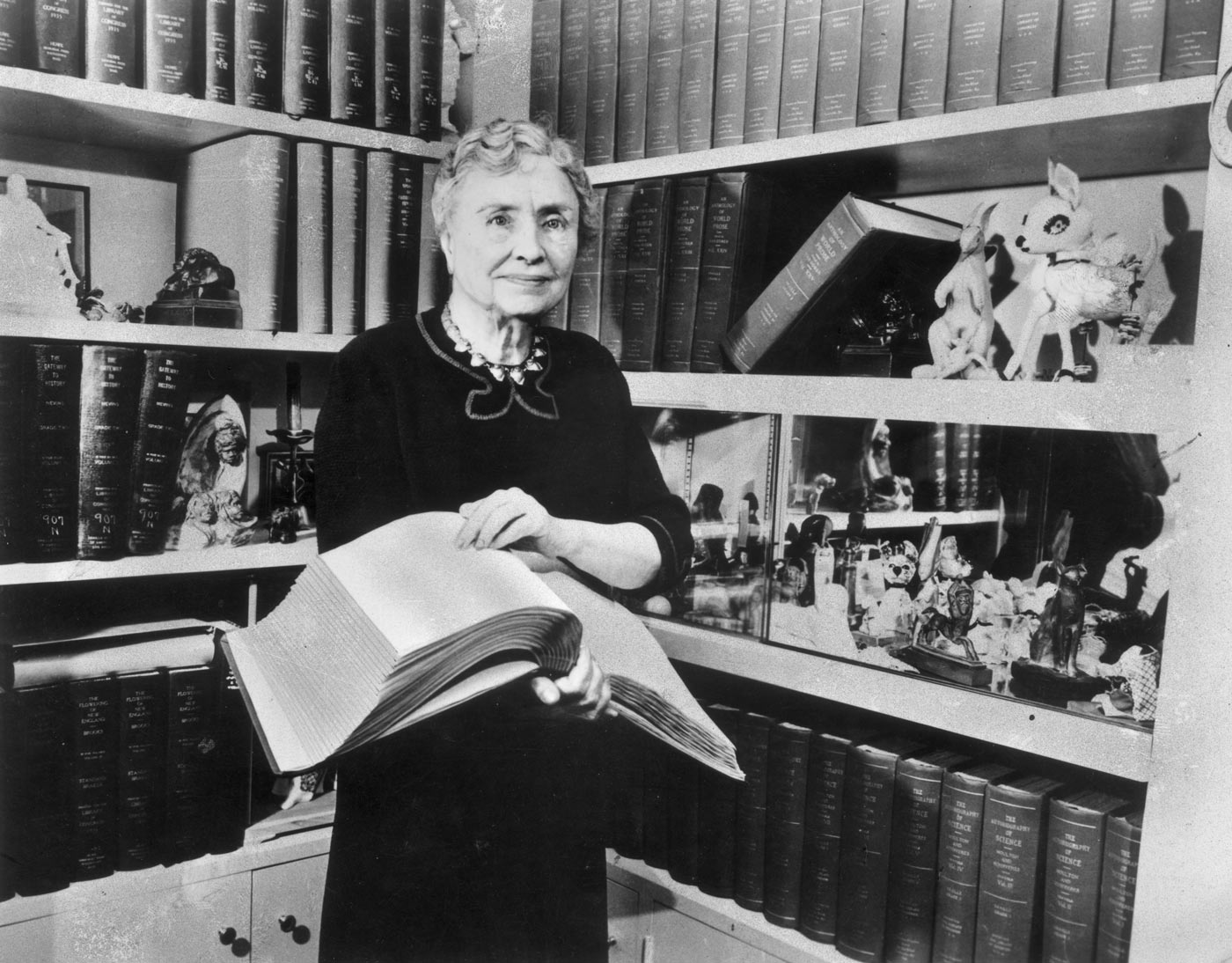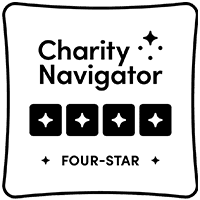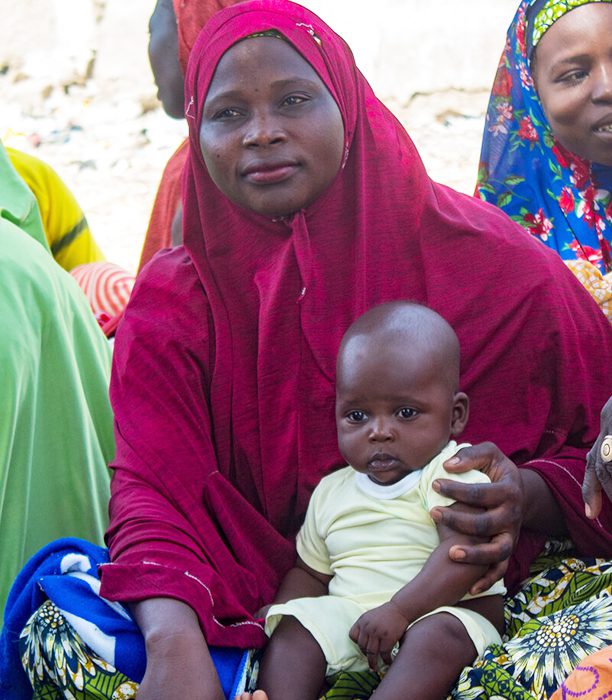
Relieving the Pain of Trachoma
“My name is Halimata,” she said. I put my hand into hers and told her she was a beautiful woman. She beamed with joy and squeezed my hand.
Halimata is 75 years old and was blinded many years ago by a bacterial eye infection called trachoma. Thanks to a village-based surgery campaign, Halimata was recovering from surgery on both of her eyelids. Her son and daughter brought her to the health center in the town of Samandini, Burkina Faso, for a check-up.
Millions of people like Halimata live with trichiasis, the long-term consequence of repeated trachoma infections. The condition is painful, as scarring causes the eyelid to turn inward allowing the eyelashes to scrape the cornea. Without surgery to correct the position of their eyelid, sufferers like Halimata blink themselves blind.
Before the surgery, Halimata always kept her eyes closed to ease the pain. Now she was all smiles as the surgeon led her to the consultation room, her positive spirit lifting us all. Perched on an exam chair, she waited patiently as the surgeon removed the dressings from her eyes. With a sterile piece of gauze, the surgeon gently wiped away residual antibiotic ointment from the surgery.
The surgeon asked Halimata to open her eyes and look down. Her eyelids twitched as she struggled to hold them open.
The surgeon and his supervisor examined the results of the work and were very satisfied. Halimata’s eyelashes no longer touched her eyeballs, and the margins of her eyelids were turned slightly outward, as global guidelines recommend. Medically, it was a successful surgery.
“How do your eyes feel?” the surgeon asked her in Mooré, the language spoken in Samandini. “Do you feel any pain or discomfort?”
Halimata shook her hands and head. “I feel absolutely nothing,” she said. “It’s magical.”
Halimata is still blind, but no longer feels pain. She was visibly relieved, and so were her son and daughter.
The surgeon gave Halimata’s children instructions for caring for their mother’s eyes at home. She could resume her daily activities, but would need to return to the health center for a second follow-up in a week. In a few weeks her stitches would be resorbed by her body and her healing would be complete.
In line with World Health Organization recommendations, the surgeon will visit Halimata in three to six months to evaluate the outcome of her surgery to verify that the positive results held and that no complications developed. This quality-of-care check will benefit both Halimata and the surgeon: If complications are detected, Halimata will be referred for treatment, and the surgeon will gain valuable feedback that will help him continue to improve his performance.
Through surgery campaigns like the one that reached Halimata, the USAID-funded MMDP Project is bringing trichiasis sufferers relief, joy, and a new chance at life. Some might even call it magic.
Funded by USAID and managed by Helen Keller International, the MMDP Project helps countries provide treatment and care for people suffering from the debilitating effects of trachoma and lymphatic filariasis.




